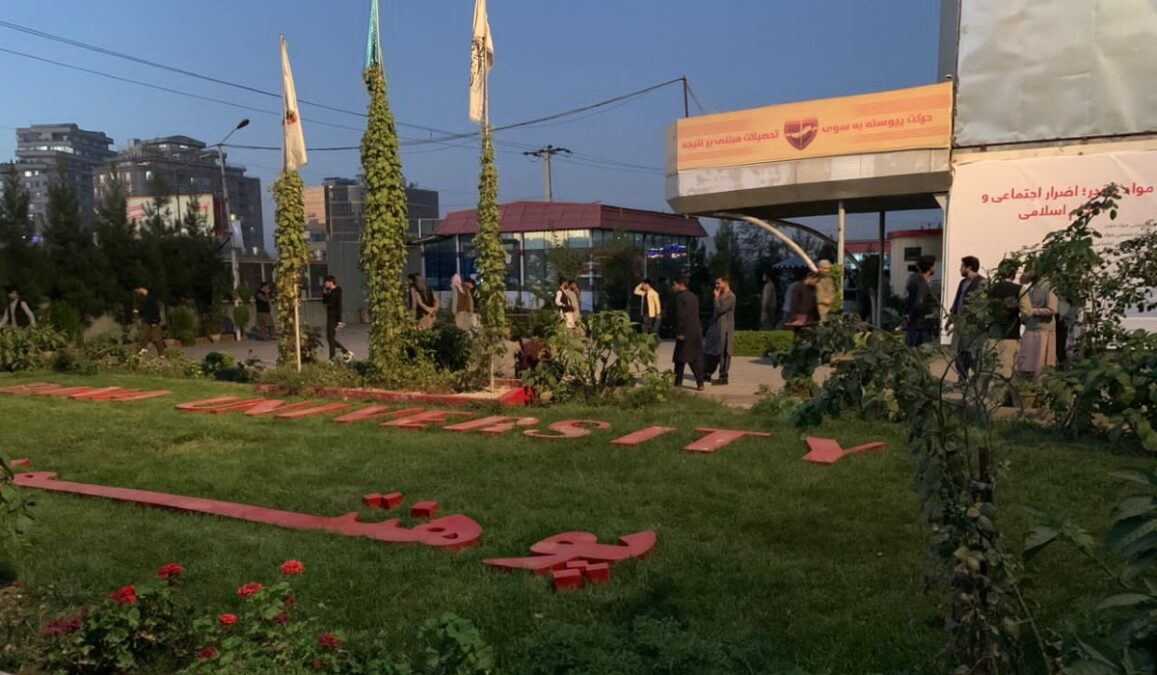Figures provided by employees, lecturers and students of private universities and higher education institutes in major cities reveal that new enrolments in the institutions have dropped 60 to 70 percent since August 2021, leaving students and lecturers without a clear vision about their future.
Afghanistan had 143 private universities and higher education in 2021, enrolling over 210,000 students, according to figures from the previous government.
Loss of jobs, increase in poverty, Taliban restrictions and lack of hope for the future are among the key factors behind the reduction in undergraduate enrolments in private universities.
Manizha, a student from Khorshid University in Kabul, said that increasing unemployment and migrations and a significant reduction in the international community’s financial support to Afghanistan have decreased the number of students in private universities by 50 percent.
“The reduction in payments, restrictions by the Taliban on women and removal of university subjects and departments have affected new enrolments and the number of existing students in private universities,” she said. “Most of them are thinking about leaving the country rather than continuing their studies.”
A lecturer from Khorshid University who wished not to be named over security concerns said that the university had at least 1,600 students in various departments ahead of the fall of Kabul to the Taliban and now it has nearly 400 students.
Recently, Mohammad Karim Nasiri, head of communication for the private universities’ association in Nangarhar, said the number of new enrolments and students in Nangarhar private universities has reduced by 60 to 70 percent.
At Tabish University in Kabul, there were at least 2,500 students ahead of the fall of the previous government, but the number has reduced to at least 100 right now, two sources from the university told Amu.
Latifa Ahmadi, a law graduate from a private university in Kabul, said the environment at the university was different over the past year.
“Previously, the environment at our university was good and there was no restriction on us. We could speak with our lecturers and we had the freedom to choose our outfit,” Ahmadi said.
Sewita, a student from Education University, said they are concerned about the future of higher education for women under the current circumstances.
Separation of classes for male and female students, the obligation to wear masks and black outfits for female students, the addition of more subjects and the removal of some university departments are among the restrictions imposed by the Taliban on universities so far.
“The recent developments have left a big impact on higher education,” said Arash Shahirpur, a university lecturer. “We will soon witness a crisis in higher education if the situation prevails.”





